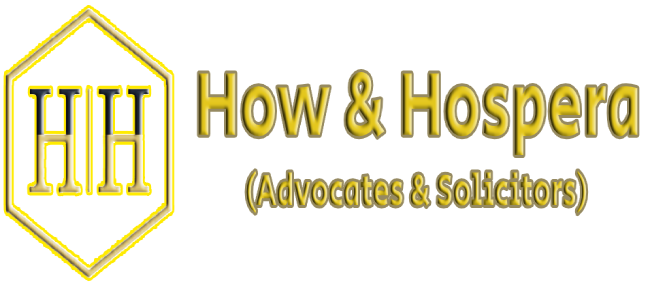The Evidence Act 1950 provides for the opinion of expert witnesses in legal proceedings. Section 45 defines the situations in which expert opinion evidence is admissible, i.e. if the court needs to form an opinion upon a point of foreign law or of science or art, or as to identity or genuineness of handwriting or finger impressions.
Who is an expert witness?
An expert witness is a person qualified to testify if he has special knowledge, skill, experience, training, or education sufficient to qualify him as an expert on the subject to which his testimony relates. Such special knowledge, skill, experience, training, or education must be shown by any admissible evidence, including his own testimony, before the witness may testify as an expert.
Who should be your expert witness?
An expert witness could either make or break your case. Therefore, interviews ought to be conducted, to identify a suitable expert for the case, considering, inter alia: -
- Qualifications of an expert witness.
- Having the appropriate expertise and experience;
- Familiar with the duties of an expert;
- No conflict of interest
- History of an expert witness, i.e. whether he has testified in Court before, and his expert’s evidence was accepted or rejected.
If the client has identified and decided to appoint the said expert witness, it is advisable to prepare an appointment letter for the expert to cover the scope of work and the agreed costs of such appointment.
Expert Report
An expert report shall be inclusive of, but not limited to, the following: -
- Qualifications of the expert;
- Details of supporting authorities or material relied on in making the report;
- A statement setting out the issues which he has been asked to consider and the basis upon which the evidence was given;
- The name and qualifications of the person who carried out any test(s) which the expert witness has used for the report;
- Summarize the range of opinion, give cogent reasons for his opinion, explain the methods used in arriving at such opinion;
- Summary of the conclusions reached;
- Statement of belief of correctness of the expert witness’ opinion; and
- Statement that the expert witness understands that in giving his report, his overriding duty is to the Court and that he complies with that duty.
Adducing the Expert Report
The expert report, even though it is technical in nature, ought to be explained by the expert in layman terms to the lawyer. Discussion ought to be done between the parties, on the report, before the trial. Once the report is finalised, the lawyer shall prepare an affidavit for the expert to adduce the said written report pursuant to Order 40A Rule 3 of the Rules of Court 2012.
Now you are ready to bring your expert to court.
For more information, please do not hesitate to contact the partners: 012-2275560 (Yvonne) and/or 011-31454088 (Nor Hospera Roswina); or email us at This email address is being protected from spambots. You need JavaScript enabled to view it.
DISCLAIMER:
1. This update is intended for your general information only. It is not intended to be nor should it be regarded as or relied upon as legal advice. You should consult a qualified legal professional before taking any action or omitting to take action in relation to matters discussed herein
2. You are free to reproduce or republish the contents of this website in any media, provided that it is expressly stated that the content was “originally published on howhospera.com.my” and contains a link back to the original post on this website.




